
My healthcare motto as of late is quit bitching and start thinking. Yes, the health care system sucks and we need to vent about it big time. But, we also need to learn how the system and its players work so we can use them to our advantage. We cannot do this if we think patients are never to blame.
In my book Everything Changes: The Insider’s Guide To Cancer in Your 20s and 30s, I write a lot about how I and other young patients have wrangled the system, fought like hell, and got the care we needed. You can’t win these battles by only thinking like a patient; you sometimes have to think like a doctor.
Last week, Kevin MD posted about patients who annoy their doctors. A commenter complained about cancer lit that suggests patients bring a friend or family member to appointments because it turns the appointment into “a side show.” Instead of getting in a defensive-patient tizzy, brewing up an us patients vs. the rest of the world rivalry, I thought I’d try to see if there was value in the comment.
I want my doc to absorb my medical history, perform a good hands on exam, and answer my questions, all in 10 minutes. So maybe the maxim shouldn’t be ‘bring a friend to appointments’ but bring a friend who is medically astute and a skilled communicator. Is it really helpful to have a flighty chatterbox with me in my appointment, who will distract and annoy my doc? I think not.
Tonight on the Stupid Cancer Show, Matthew Zachary and I will be interviewing Wendy Harpham MD, a mom of three and general practitioner diagnosed with cancer at 36. Her great new book, 10 Seconds to Care: Help and Hope for Busy Clinicians, helped me better understand the pressure cooker in which my docs work and the ways in which I can actually make their jobs easier. Considering that their job is to save my life, I’d like to help them all I can.
Are there times when empathizing with your docs works to your advantage? Do you ever read doctor blogs? Have you ever brought someone to an appointment who actually made the process more complicated rather than easier?
![]()
![]()
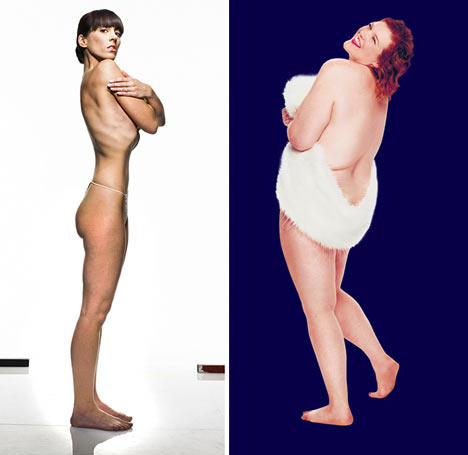
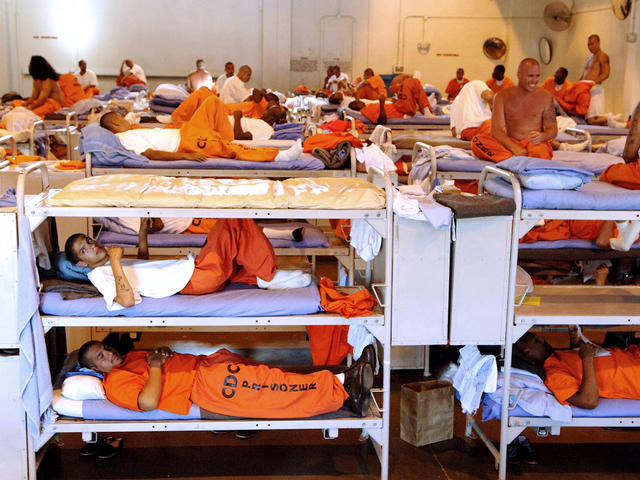
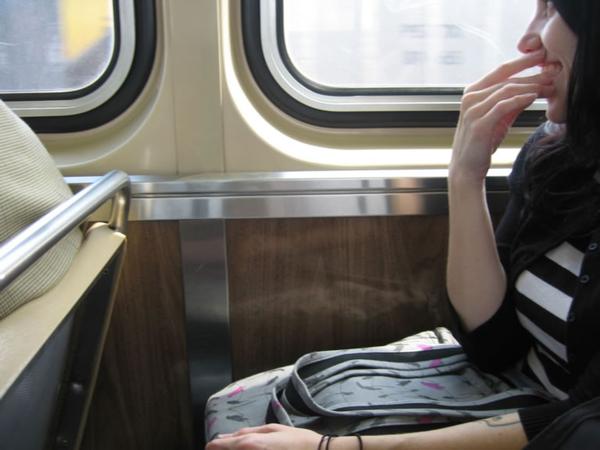

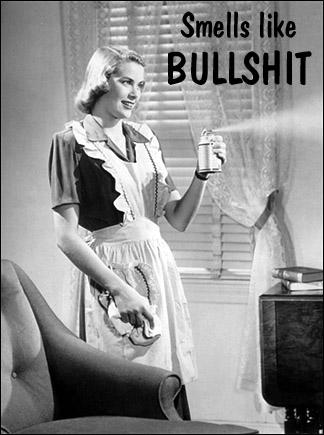
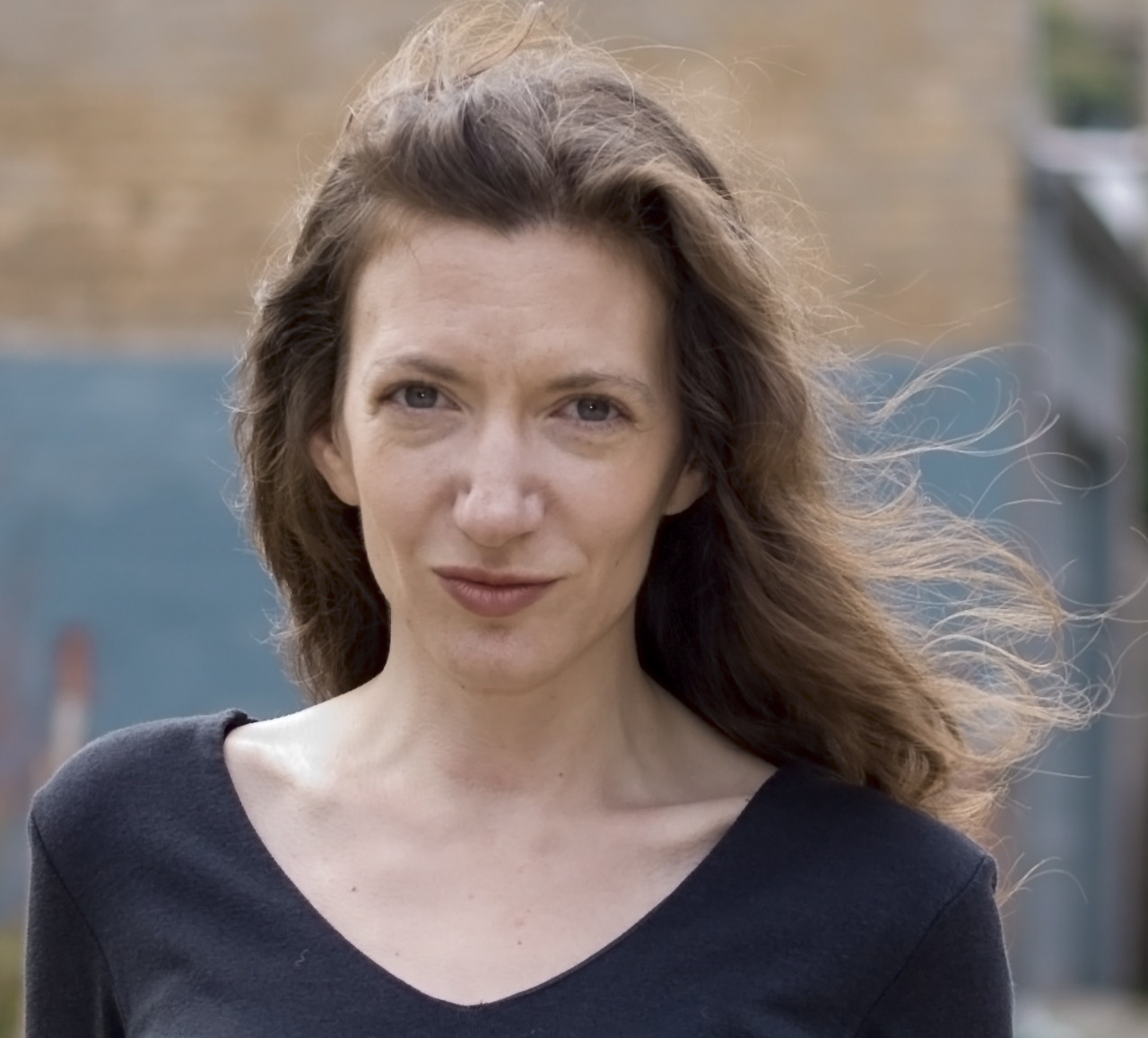
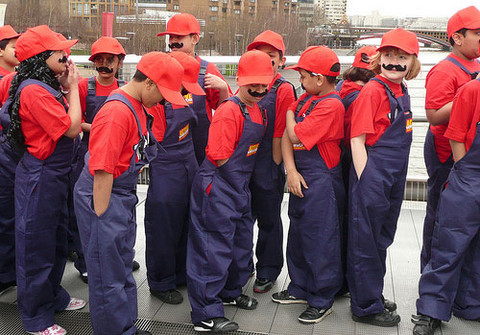
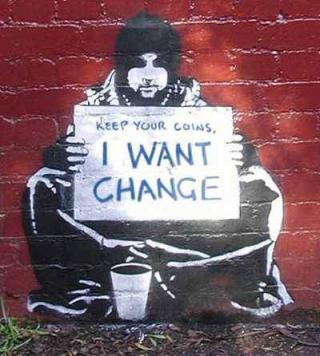
 “Everything Changes is, without doubt, the most forthright, emotionally sophisticated, and plain-old valuable book of its kind I've seen.”
“Everything Changes is, without doubt, the most forthright, emotionally sophisticated, and plain-old valuable book of its kind I've seen.”












